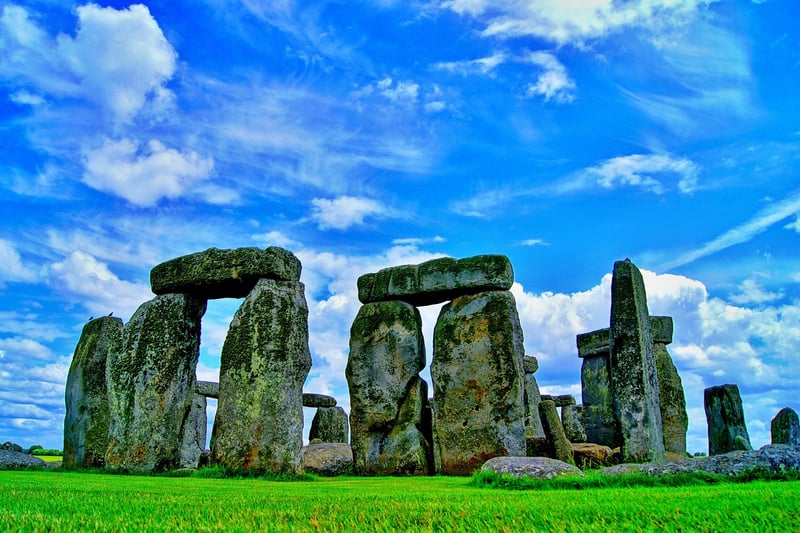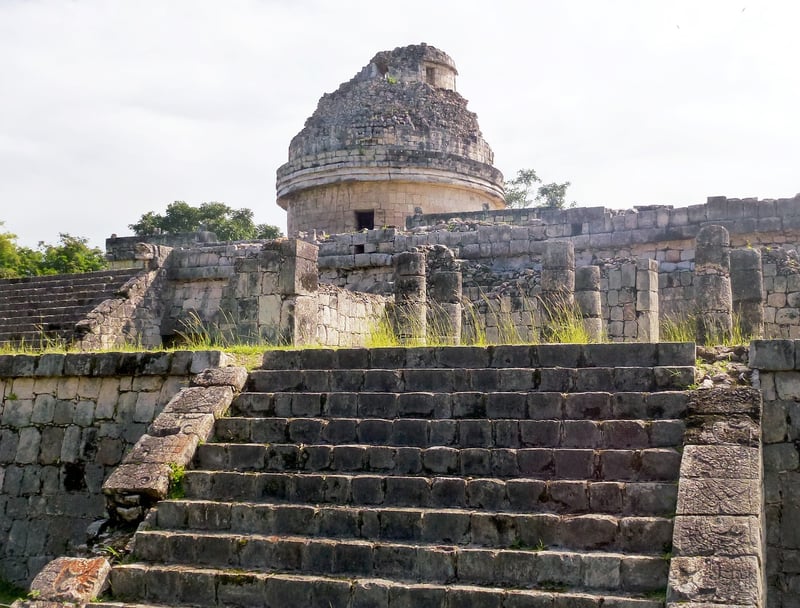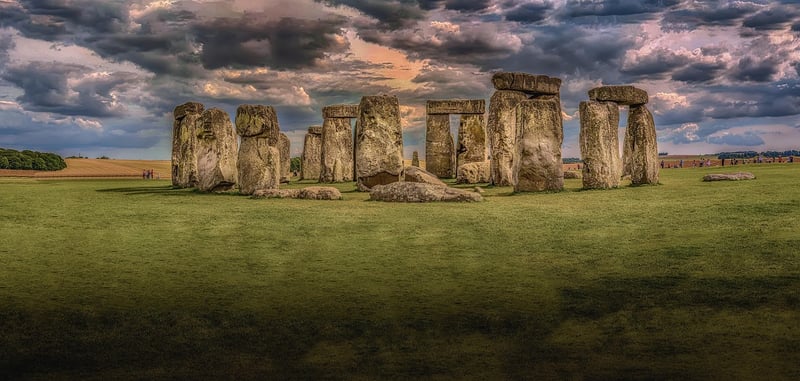Prehistoric Era
The Fascinating Connection Between Unique Time Zones and the Prehistoric Era
Time zones play a crucial role in our modern world, allowing us to coordinate activities across vast distances efficiently. But did you know that the concept of timekeeping dates back to the prehistoric era? Let's explore the intriguing connection between unique time zones and ancient times.
Understanding Time Zones
Time zones divide the Earth into longitudinal strips, each approximately 15 degrees wide, to standardize time within regions. This system ensures that noon is roughly when the sun is at its highest point in the sky. While time zones are a relatively recent development, our ancestors also had ways to mark time and seasons.
Prehistoric Timekeeping
Before clocks and watches, early civilizations relied on natural markers to track time. From the position of the sun and stars to seasonal changes and the migration patterns of animals, ancient humans developed a keen awareness of the passage of time.
Stonehenge and Solar Alignment
One of the most famous prehistoric timekeeping structures is Stonehenge in England. Built around 3000 BCE, this ancient monument aligns with the solstices, suggesting that it served as a calendar to mark important dates for agricultural or ceremonial purposes.

Mayan Calendar and Temples
The Mayan civilization in Central America developed a sophisticated calendar system based on astronomical observations. Their temples, such as El Castillo in Chichen Itza, were designed to align with the movements of the sun and stars, showcasing their advanced understanding of time.

Modern Time Zones
Fast forward to the 19th century when the need for standardized time became critical with the expansion of railway networks. Sir Sandford Fleming proposed dividing the world into 24 time zones, each 15 degrees of longitude apart, leading to the establishment of the International Date Line.
Conclusion
While our modern time zones may seem far removed from the practices of ancient civilizations, the concept of marking time based on celestial observations has deep roots in human history. The next time you check your watch or glance at a clock, remember that our ability to coordinate across time zones has evolved from the ingenuity of our prehistoric ancestors.
Explore more about ancient timekeeping and its influence on our world to gain a deeper appreciation for the way we measure time today.
